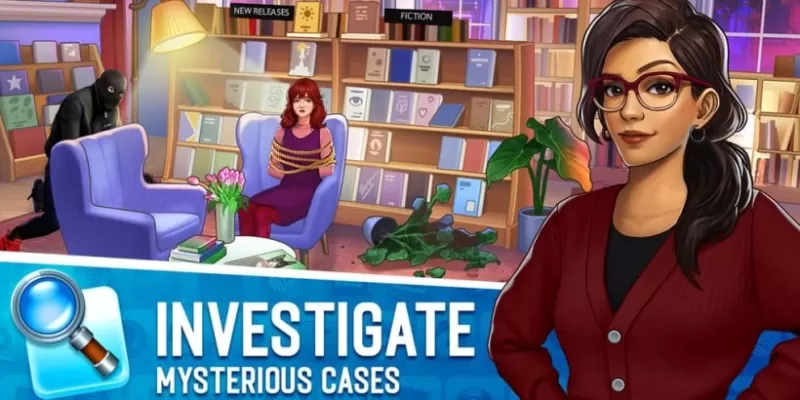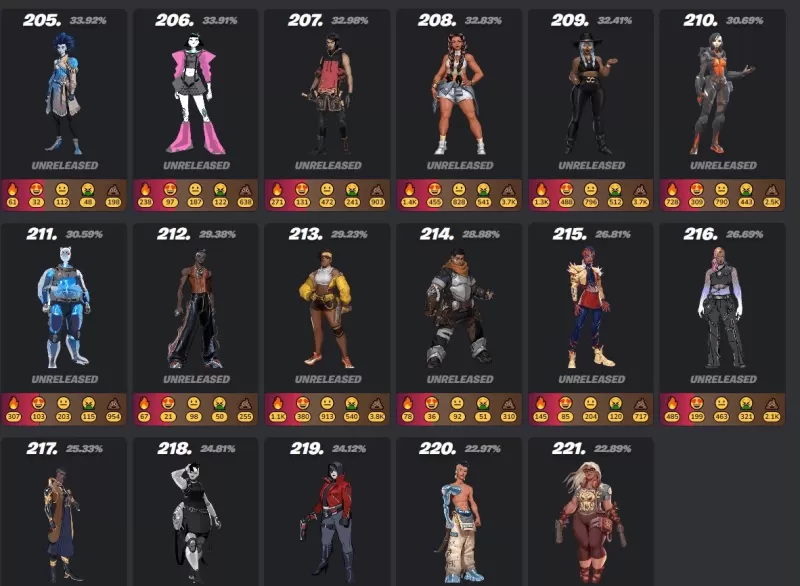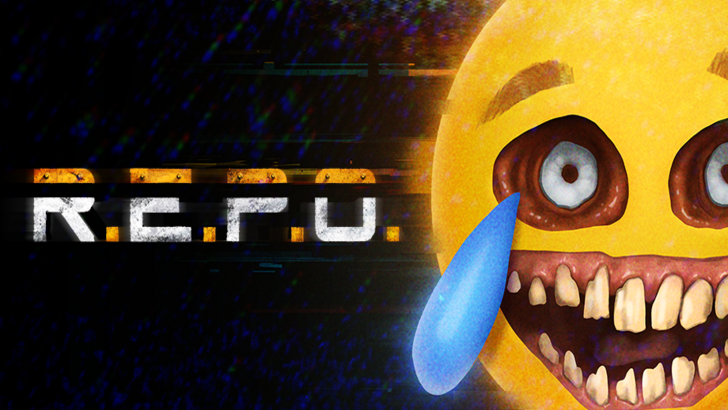Warner Brothers has made a shocking move by removing its entire catalog of original Looney Tunes shorts from HBO Max, leaving fans and animation enthusiasts devastated. These iconic shorts, which were produced from 1930 to 1969, represent the "golden age" of animation and played a pivotal role in establishing Warner Brothers as a powerhouse in the entertainment industry.
According to Deadline, this decision is part of a broader strategy to focus on adult and family programming, as children's content reportedly does not attract significant viewership on the platform. This shift in priorities seems to overlook the cultural significance of the Looney Tunes shorts. For instance, at the end of 2024, HBO also canceled its deal with Sesame Street for new episodes, despite its long-standing contribution to childhood education since 1969. While some newer Looney Tunes spinoffs remain available on HBO Max, the essence of the franchise has been lost.
The timing of this decision is particularly perplexing, as it coincides with the theatrical release of "The Day the Earth Blew Up: A Looney Tunes Story" on March 14. Initially commissioned by Max, the film was sold to Ketchup Entertainment after the Warner Brothers and Discovery merger. With a modest marketing budget, the film has only managed to earn a little over $3 million at the box office during its opening weekend, despite being shown in over 2,800 theaters nationwide.
The public's frustration with Warner Brothers' handling of Looney Tunes content was already high due to last year's controversy surrounding "Coyote Vs. Acme." Warner Brothers Discovery chose not to release the completed film, citing distribution costs as too high. This decision has drawn widespread criticism from the artistic community and animation fans. In February, actor Will Forte described the decision as "f—king bulls—t," expressing his anger and disbelief at the choice not to release the film.
The removal of the Looney Tunes shorts from HBO Max, coupled with the mishandling of recent projects, has left many wondering about the future of this beloved franchise and its place in Warner Brothers' strategy moving forward.

 LATEST ARTICLES
LATEST ARTICLES 











